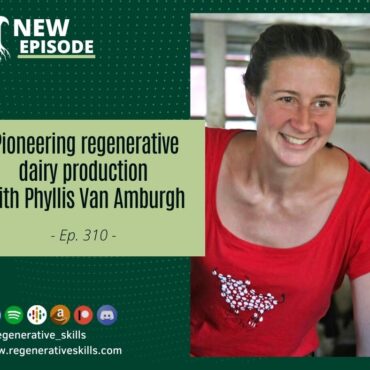
Pioneering regenerative dairy production, with Phyllis Van Amburgh
At this point I’ve covered a wide array of practices and management styles that fall under the broad umbrella of regenerative agriculture. Some could be considered traditional while others are […]

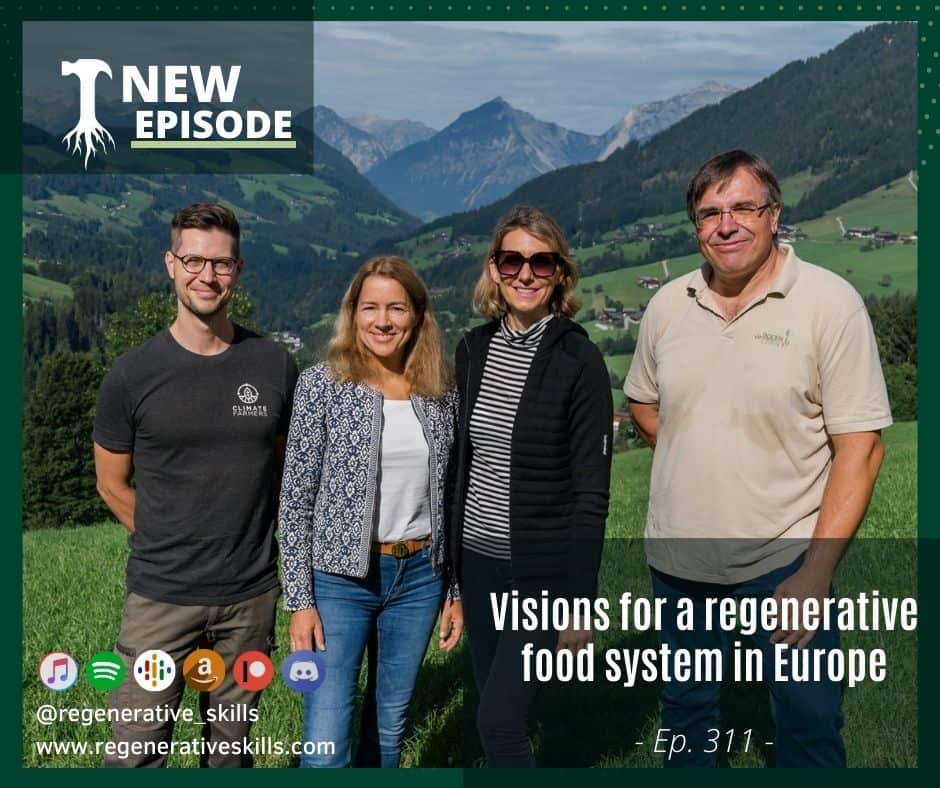
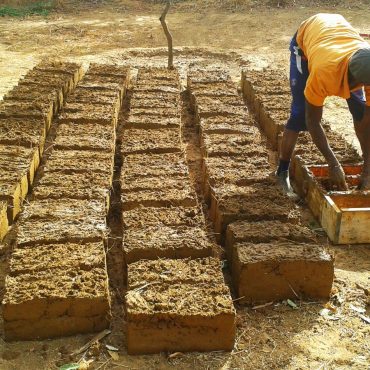
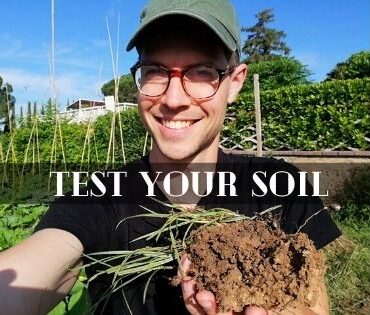
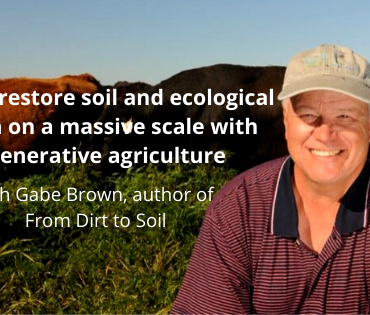
Post comments
This post currently has no comments.